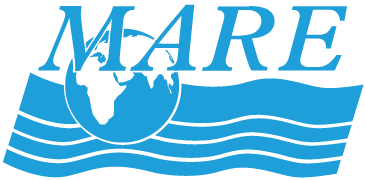Communicating Climate Science
Communicating Climate Science is a university course that introduces graduate and undergraduate science students to effective active learning and engagement strategies and learning theory, while helping students to more deeply understand and better communicate their knowledge of climate science and climate change to the public. The course materials can be used to teach an entire 10–14 week (quarter or semester) college course, or sessions of the course can be inserted into your existing courses.
The course has been disseminated to many universities around the country, and has been taught at UC Berkeley since 2013. This NSF-funded project was developed in collaboration with Scripps Institution of Oceanography, University of Washington, and led by University of California Berkeley Professors Robert Rhew and John Chiang, and by Lawrence Hall of Science academics Catherine Halversen, Lynn Tran and Emily Weiss.
We would like to thank the National Science Foundation for making this project possible through funding under Grant #Geo 1202741
The course materials are freely available for download; contact Emily Weiss for access.
Course Description: For upper division undergraduate students interested in improving their conceptual understanding of climate science and climate change through engaging in activities, demonstrations and discussions, while also developing their science communication skills to advance the public’s climate literacy. The course combines science content, active teaching and learning methods based on how people learn, and how to engage in effective interactions.
Course Goals: As a result of this course, students will be able to:
- Describe and use models to illustrate the processes, interactions and mechanisms contributing to climate change;
- Demonstrate an understanding of how people learn and how to share the science of climate change, and the importance and impact of social, cultural and worldview belief systems on behavior related to climate change, through effectively communicating ideas and engaging in meaningful discussions with diverse, non-expert audiences.

